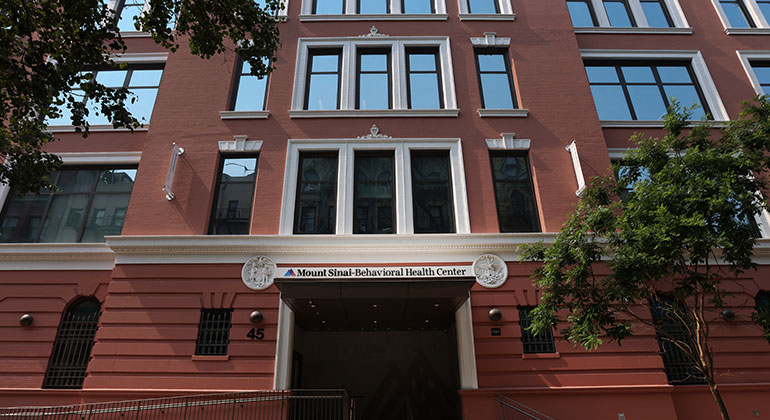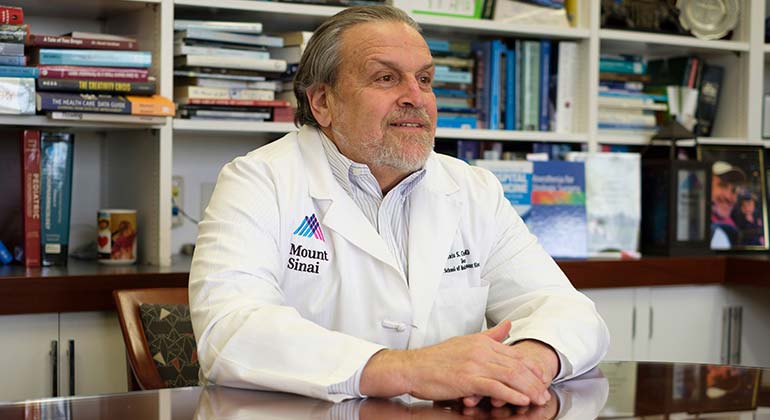"Resilience and Secrets Of The Strong-Minded" - Emma Young
Can children be made more psychologically ‘resilient’ to trauma? For scientists, the concept of psychological resilience began in the 1970s with studies of children who did fine – or even well in life – despite significant early adversity, such as poverty or family violence. The degree to which someone bounces back, or does even better – his or her resilience – has a genetic component. But “genes are not destiny here,” said Dennis S. Charney, MD, dean of the Icahn School of Medicine and president for academic affairs for the Mount Sinai Health System. He bases this statement on interviews with people who’d experienced trauma. Dr. Charney and his collaborator, Dr. Steven Southwick, have been studying trauma victims for decades, looking for clues as to why some people are more resilient than others. As well as investigating psychological attitudes and mental strategies linked to resilience, Dr. Charney and Dr. Southwick have probed the neurobiology behind it. People whose bodies respond rapidly to a threat — with a surge of the stress hormones adrenaline, noradrenaline and cortisol — but who then recover, seem to cope better with stressful situations and jobs, such as working in the Special Forces.
- Dennis S. Charney, MD, Anne and Joel Ehrenkranz Dean, Icahn School of Medicine at Mount Sinai, and President for Academic Affairs, Mount Sinai Health System

